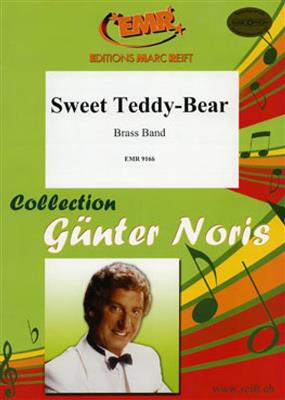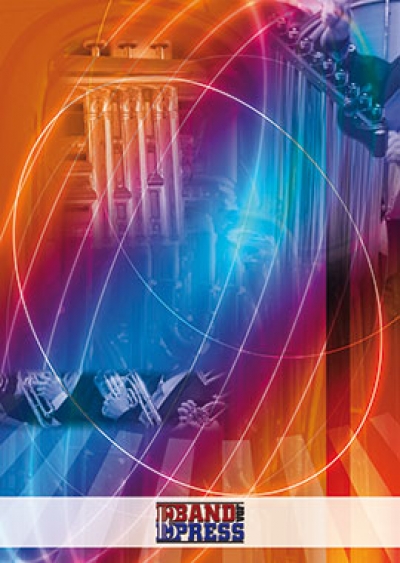Results
-
£26.50
Sweet Spring - Greenwood, JA
Includes a full band set (no score)
In Stock: Estimated dispatch 1-3 working days
-
 £26.50
£26.50 -
 £60.99
£60.99Sweet Sunset - Jan de Haan
The sky creates a dazzling display of yellows, oranges, and reds, before turning a calm blue, then purple, and finally black. Such sunsets inspired Jan de Haan to write this piece for solo Flugelhorn and Brass Band. It is dedicated to his daughter, Hermanda.
Estimated dispatch 5-14 working days
-
 £16.99
£16.99Sweet Sunset (Brass Band - Score only)
The sky creates a dazzling display of yellows, oranges, and reds, before turning a calm blue, then purple, and finally black. Such sunsets inspired Jan de Haan to write this piece for solo flugelhorn and brass band. It is dedicated to his daughter, Hermanda. 03:35
Estimated dispatch 7-14 working days
-
 £108.10
£108.10Sweet Sweet Smile - Newton
Estimated dispatch 5-14 working days
-
 £92.00
£92.00Sweet Teddy-Bear - Günter Noris
Estimated dispatch 5-14 working days
-
 £92.00
£92.00Sweetheart Romance - Günter Noris
Estimated dispatch 5-14 working days
-
 £122.00
£122.00Swift Severn's Flood - Clarke Nigel
Estimated dispatch 7-14 working days
-
£119.95
Swift Severn's Flood - Nigel Clarke
Estimated dispatch 5-14 working days
-
 £119.95
£119.95SWIFT SEVERN'S FLOOD (Brass Band - Score and Parts) - Clarke, Nigel - Vertommen, Luc
Swift Severn's Flood is in one movement and is both heroic and brooding in nature. The work requires great virtuosity with fast, furious running passages juxtaposed against extreme dynamic contrasts. Duration: 13:30
Estimated dispatch 7-14 working days
